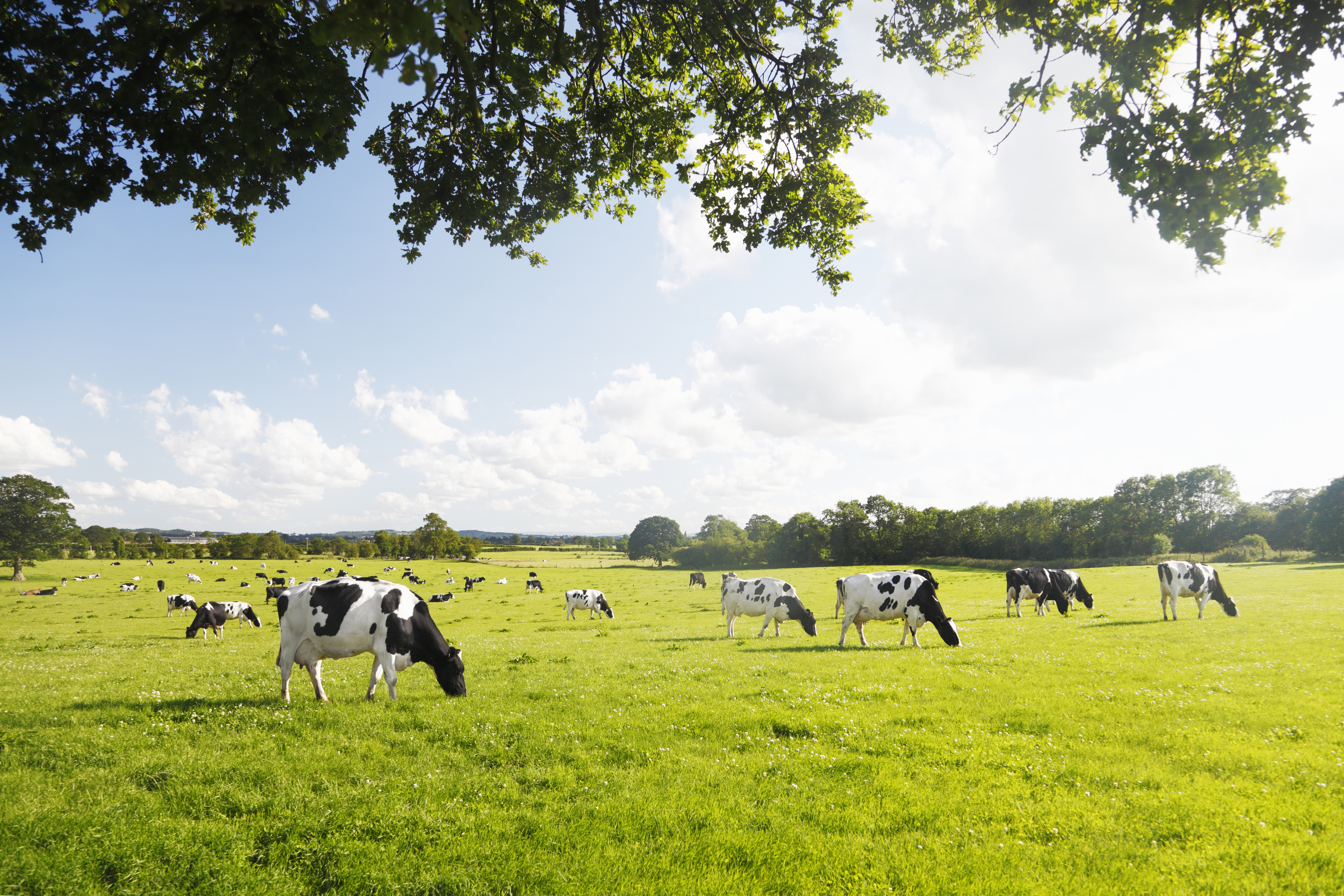The Asian Development Bank (ADB) has facilitated US$125mn in loans to the Inner Mongolia Saikexing Breeding and Biotechnology Group – a dairy farmer in China.
The bank will lend the equivalent of US$62.5mn from its own book with the other half of the debt to be syndicated to a group of commercial banks.
GTR understands that the commercial portion of the debt – the ‘B’ loan, will be signed within a few weeks, once the syndicate is agreed upon. It will be renminbi-denominated.
Saikexing is China’s fourth-largest dairy farming company and the funds will be used to invest in technologies that will reduce its environmental pollution, improve food safety and boost its supply of milk.
Among these are equipment that will halt the discharge of untreated animal wasted into the environment and instead allow it to be used for fertiliser, irrigation and energy. The finance will also be used to add an extra four farms to the company’s 27 existing facilities. This will add 20,000 head of cattle to the existing 100,000.
It will take two years for the projects to be implemented and coincides with the increasing demand for dairy products in a rapidly developing China. From 2014 to 2024, it’s expected that demand for processed milk will rise from 9.7 million tonnes to 15.4 million tonnes.
This surge comes amid concerns over safety, which has led to an uptick in the number of overseas companies investing in powdered milk producing facilities in China. By upgrading their existing facilities, Saikexing can hope to compete with foreign providers such as Kerry Foods of Ireland.
Martin Lemoine, head of the ADB’s agribusiness unit, says: “Food security and food safety are major concerns for the PRC and this project will promote modern, sustainable dairy farming practices to minimise pollution and improve product safety. It will also help set environmental and food safety benchmarks for dairy farming that will have great potential for replication elsewhere.”
Saikexing is based in Hohhot in China’s relatively poor Inner Mongolian province. It has farms across Hebei, Henan, Inner Mongolia and Ningxia Hu.







